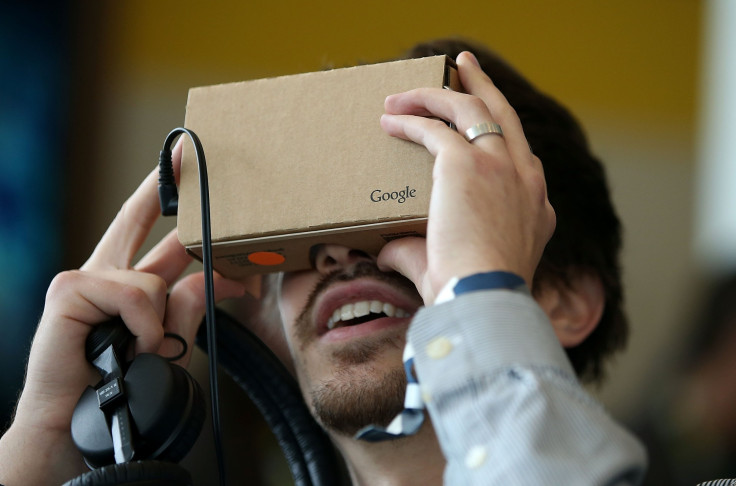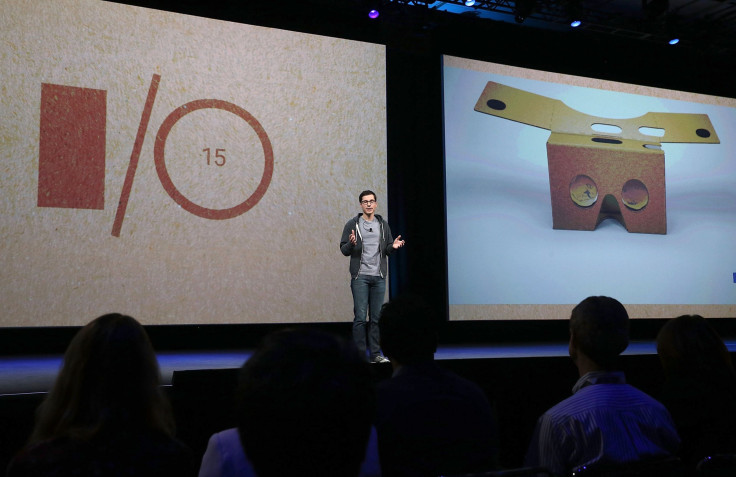Google Doubles Down On VR, Forms New Division To Focus On Rising Technology

SAN FRANCISCO — Not willing to get left behind in virtual reality, Google has formed a division that will focus solely on the rising technology. The division will position the tech giant to better take on Facebook's Oculus VR and other rivals in the virtual reality market.
For years, Google has dabbled in VR — the company makes the inexpensive Google Cardboard headsets, and its YouTube supports 360-degree video — but the company is stepping up its efforts with the new division, which will be led by key executive Clay Bavor, the company said Tuesday.
Bavor previously ran important Google products like Gmail, Google Docs, Google Drive and Google Cardboard, but over the past year, his attention has shifted toward Google's virtual reality efforts, according to Re/code, which first reported the Google VR division. Going forward, Bavor will be responsible for virtual reality and nothing else, with his other products going to incoming Senior Vice President Diane Green.

By dedicating a key executive like Bavor to VR, Google is showing the rest of the tech industry its seriousness about the technology.
The new division comes at a crucial time for VR. In March, Facebook will finally begin shipping consumer versions of the Oculus Rift, while Sony and HTC will do the same with their respective headsets later this year. As many experts have put it, 2016 is the year VR goes prime time.
Already, Google has been ramping up its efforts to keep up its tech rivals. In October, the search giant invested heavily in Magic Leap, a VR startup. Around the same time, Google also partnered with the New York Times to ship 1 million units of its Cardboard headsets to subscribers of the paper.
Google has yet to announce more details on the new VR division, but it clearly is not ready to settle for second fiddle to Facebook.
© Copyright IBTimes 2024. All rights reserved.






















